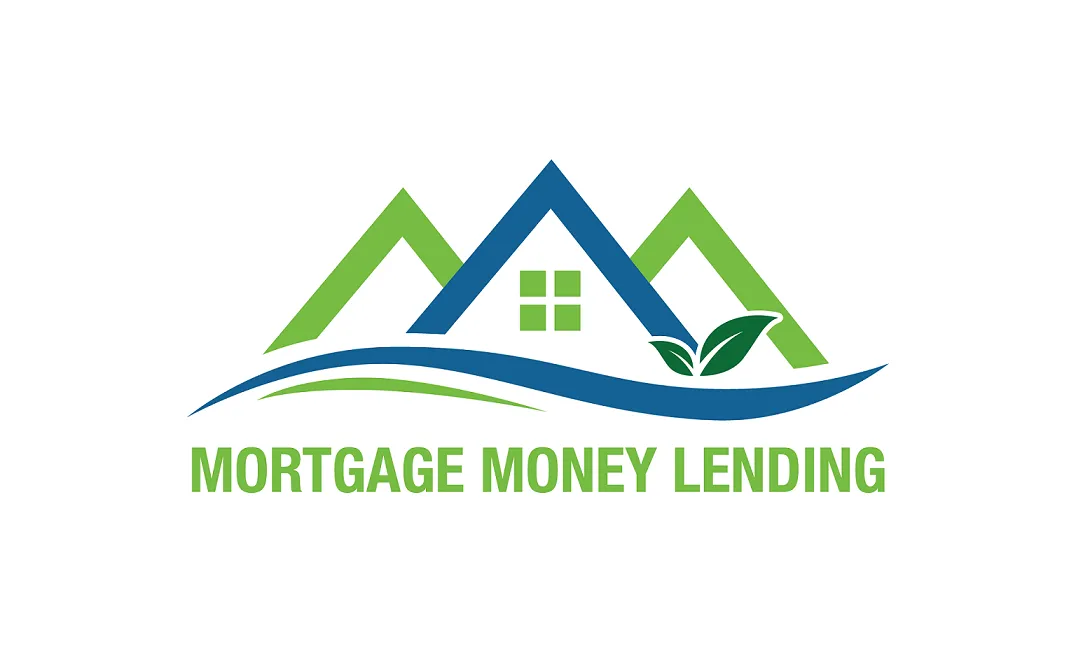Unlock Your Dream Home with Affordable Mortgage Solutions
Mortgage Money Lending
we understand that buying a home is one of the most significant investments you'll make in your lifetime. That's why we offer customized mortgage solutions designed to fit your unique financial situation. Whether you're a first-time homebuyer or looking to refinance, our team of experienced lenders is here to guide you every step of the way. Explore our competitive rates and flexible terms to make your dream of homeownership a reality.
ask us anything!
Got questions? We're here to help! Whether it's about mortgage rates, plans, or the process, feel free to ask us anything. We're ready to guide you every step of the way!
407-883-2778
get quotes
Get Your Personalized Mortgage Quote Today!
Unlock Your Dream Home with Our Mortgage Solutions.
26+
Year of
experience
Who we are?
Your Trusted Partner in Home and Business Financing.
We’re more than just a mortgage broker—we’re your dedicated partner in making home and business ownership a reality. Our team works closely with you to understand your goals and provide tailored mortgage solutions that fit your lifestyle and budget. From first-time buyers to experienced home- and business owners, we’re here to offer guidance, support, and expertise every step of the way.
Why choose us?
Building Foundations for a
Brighter Future
Client Satisfaction
Personalized Solutions
Exceptional Customer Service
Your Journey to Homeownership Starts Here
We simplify the journey to homeownership. Our dedicated team is here to guide you through every step, providing expert advice and personalized support. Together, we’ll turn your dream of owning a home into reality!
Personalized mortgage solutions tailored to your needs.
Expert guidance throughout the entire buying process.
Competitive rates to help you save on your investment.
what we offer ?
Effortless Mortgages, Realize Your Dreams
We streamline the mortgage process to make your homeownership dreams a reality. Our tailored solutions and expert support ensure a smooth journey, empowering you to achieve your goals with confidence.
how it works
Partnering in Your Real Estate Success

Consultation
Discuss your needs and financial goals with our experts.

Application
Complete a simple application to start the financing process.

Closing
Finalize your mortgage and receive the keys to your new home!
Testimonials

— Roberto L.
I started working with Reggie because I was referred to a mortgage loan officer that was pre qualifying me and after a couple of weeks she told me that I did not qualify to buy the homes that I was looking at. I called Reggie and he answered right away, I told him what I was looking for and after 10 minutes he said congratulations, you do qualify so to make a long story short. I purchased the home I wanted and my equity position is over $60,00o.00 from when I purchased it. He kept me informed through out the whole process, answered the phone and or texted me back with all the concerns that I had. If it wasn't for Reggie I'd still be renting. Thank you, Reggie, whenever someone asks me, I will always refer you have a customer for life.


— Alexandra V.
Reggie was an outstanding loan originator who made the entire process smooth and stress-free. He maintained clear and consistent communication at every stage, ensuring everything progressed seamlessly. By handling the pre-approval work in advance, my home-buying journey was efficient, allowing us to close quickly.
A standout moment was his presence at my closing—something many noted was uncommon for a lender. He was there to ensure I fully understood each document, demonstrating his dedication to making the process as transparent as possible. Additionally, he provided all the necessary documents the night before, giving us ample time to review and feel well-prepared.
Thank you again, Reggie, for your invaluable support!

Frequently Asked Questions
What is the difference between a fixed-rate and an adjustable-rate mortgage?
A fixed-rate mortgage has a constant interest rate throughout the loan term, while an adjustable-rate mortgage (ARM) has an interest rate that may change periodically based on market conditions.
How do I know how much I can borrow?
Your borrowing capacity depends on various factors, including your income, credit score, debt-to-income ratio, and the type of loan you are applying for. Our team can help you assess your financial situation to determine the right amount.
What documents do I need to apply for a mortgage?
Typically, you’ll need to provide proof of income, tax returns, bank statements, identification, and information about your debts and assets. Our experts will guide you on the specific documents required for your application.
How long does the mortgage approval process take?
The mortgage approval process can vary based on several factors, including the type of loan and your financial situation. Generally, it can take anywhere from a few days to less then 30 days depending on the type of loan. We strive to make the process as quick and efficient as possible.

Thank you for choosing us. We are dedicated to helping you achieve your homeownership goals with personalized service and expert guidance. For more information or assistance, feel free to reach out to us anytime!
quick info
941 W. Morse Blvd Suite 100, Winter Park FL 32789
(407) 866-2414
NMLS 1717688 NMLS 1645644
Gallery

